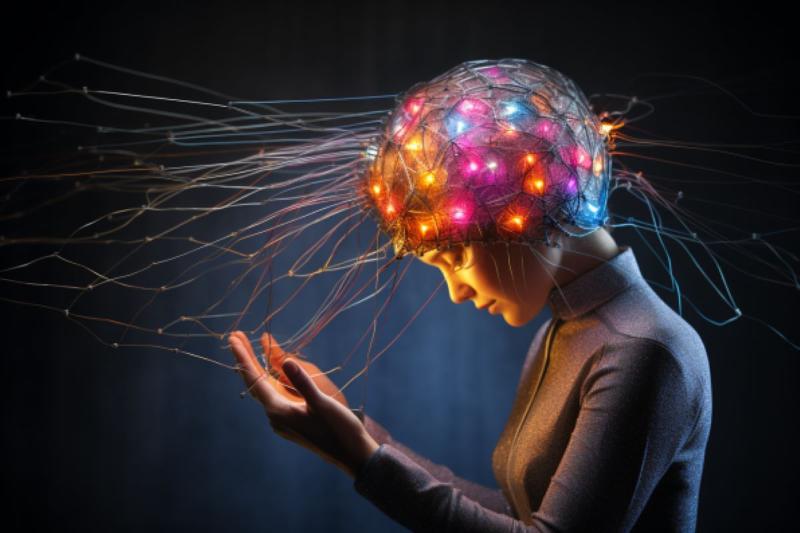Welcome to the intriguing realm of prediction-error neurons, brain cells that remain dormant until a sound deviates from our expectations, signaling an error. In this article, we delve into the groundbreaking study that uncovered these neurons and explore their role in learning processes, such as speech and music. Join me on this journey as we unravel the mysteries of the brain's error detectors.
Uncovering the Mystery: Prediction-Error Neurons
Explore the fascinating discovery of prediction-error neurons and their unique function in signaling errors when sounds defy expectations.
Have you ever wondered how our brains detect and respond to unexpected sounds? Enter the world of prediction-error neurons, a remarkable class of brain cells that lie dormant until a sound violates our expectations. These neurons serve as error detectors, signaling when something goes awry in our auditory experiences.
Through a groundbreaking study, neuroscientists have identified and studied these prediction-error neurons, shedding light on their role in learning processes and potential implications for speech and music abilities. Let's dive deeper into the mysteries of these neurons and their significance in our auditory perception.
Differentiating Auditory Errors: Versatility of Prediction-Error Neurons
Discover the diverse subsets of prediction-error neurons that respond to various types of auditory discrepancies, such as unexpected quietness or timing.
Not all auditory errors are created equal, and prediction-error neurons reflect this diversity. Different subsets of these neurons specialize in recognizing and signaling specific types of auditory discrepancies. For example, some neurons activate when a sound is unexpectedly quiet, while others respond when the timing of a sound is off.
This versatility in error recognition suggests that prediction-error neurons play a crucial role in our ability to learn from trial and error in sound-associated behaviors, such as speech and musical instrument playing. By understanding how these neurons function, we can gain insights into the mechanisms underlying learning and potentially address discrepancies in auditory abilities across individuals.
The Role of Prediction-Error Neurons in Learning and Development
Explore the potential implications of prediction-error neurons in learning processes, including speech development and musical expertise.
Learning is a complex process that often involves trial and error. Prediction-error neurons may hold the key to understanding how we acquire new skills, particularly in sound-associated behaviors like speech and music. These neurons are thought to be crucial in detecting and signaling errors, allowing us to learn from our mistakes and refine our abilities.
Imagine a novice musician and an expert musician. Could the difference in their prediction-error neurons explain the gap in their musical abilities? Furthermore, in individuals with speech-related developmental disorders, could malfunctioning prediction-error neurons contribute to the underdevelopment of speech? These questions open up exciting avenues for future research and potential interventions.
Conclusion
In conclusion, the discovery of prediction-error neurons provides valuable insights into how our brains process and respond to unexpected sounds. These specialized neurons serve as error detectors, signaling when auditory expectations are breached. By understanding the function and versatility of prediction-error neurons, we can further our knowledge of learning processes, speech development, and musical expertise.
FQA :
What are prediction-error neurons?
Prediction-error neurons are a distinctive class of brain cells that remain dormant until a sound violates our expectations, signaling an error in auditory anticipation.
What is the role of prediction-error neurons in learning?
Prediction-error neurons are believed to play a crucial role in learning processes, particularly in sound-associated behaviors like speech and music. They allow us to detect and learn from errors, refining our abilities over time.
How do prediction-error neurons contribute to speech and music abilities?
Prediction-error neurons may contribute to the development of speech and musical expertise by detecting errors and facilitating learning from mistakes. Differences in prediction-error neurons could potentially explain variations in individuals' abilities in these domains.

